Finding meaning and belonging in communal bathing
Throughout history, as far back as the Neolithic Age, bathing has been known for enacting rituals. Over the years it has acclimatised to evolving cultures and social norms but the ritual and benefits remain the same. A variety of bodies gather in the same bathing space, for different reasons. But the similarity of their practices evoke a sense of meaning and can afford us a feeling of belonging. As we enter the new year, the notion of ‘ritual’ has been magnified once again. The word takes up our conversations, minds and schedules as we attempt to put our intentions into real life actions. And although personal goals are integral to the human experience, it can be a lot of pressure to fulfil sweeping promises we make ourselves. That is why it is useful to think back to one of the most innate rituals, communal bathing. Something which across many cultures, reflects a way for us to reconnect to water through our senses.
A bathhouse is experienced not just through the sense of vision but also through the senses of touch, smell, taste and sound. It is a low effort and high reward activity and once we know what to expect from the space, we can better understand the benefits for developing a ritual around it. The design and architecture of the bathhouse is highly important in allowing this to unfold. As the bather walks through the space, they experience different thermal sensations – hot and cold, warm and cool, as well sensations evoked by the water. In ‘A new sauna culture: Reimagining the bathhouse as a community space’ author Jane Withers says this journey reconnects us to place. The Latin meaning of spa is “salus per aqua” meaning “healing through water”, which is how the bathhouse feels.
The concept of healing through symbolic ritual goes deeper than removing the dirt from our bodies. An article by Masako Fukui titled ‘Spiritual ablutions: How everyday bathing can be good for the soul’ reminds us that all human life begins in a kind of bath - that being the womb. And although it might be a stretch, it makes sense that we form daily rituals around water. The ritual of bathing can be an embodied experience from anything therapeutic to social. No matter what you want to get out of it, connecting the sensations in the body to the ideas in the mind is the essence of all rituals. Just like burning incense or having a cup of your favourite tea, bathing is about imbuing physical action with intention. After all, it is the long-established resolution to find meaning in our self made rituals and carve out a sense of belonging in the process.

